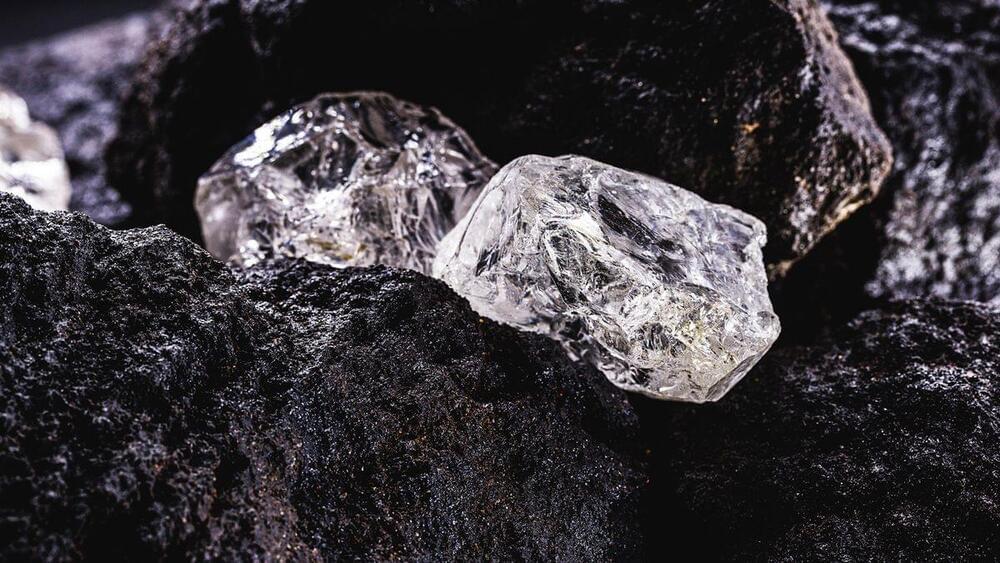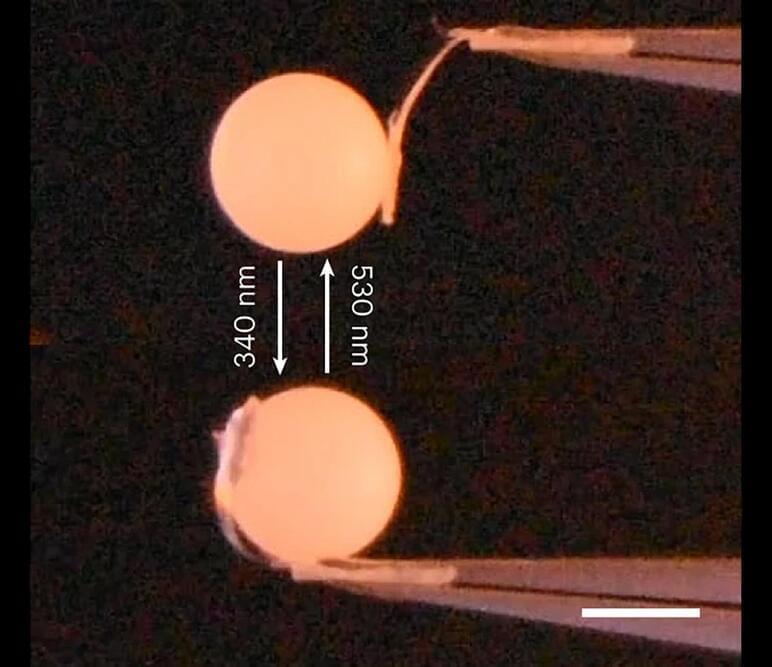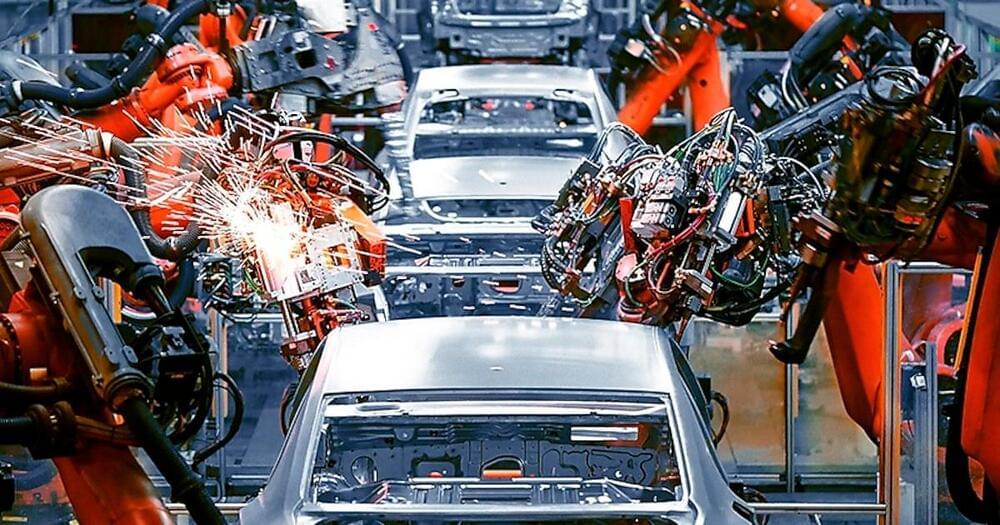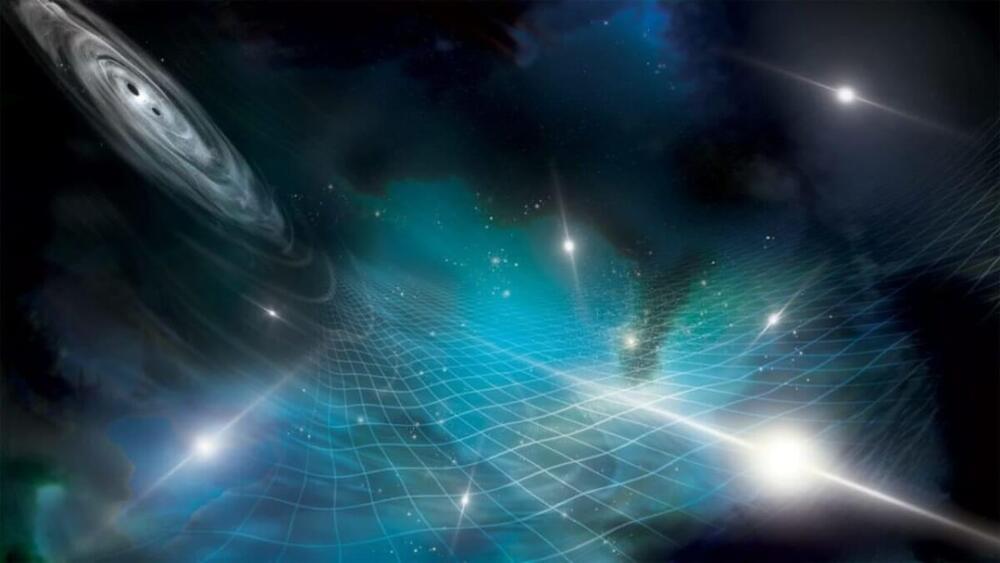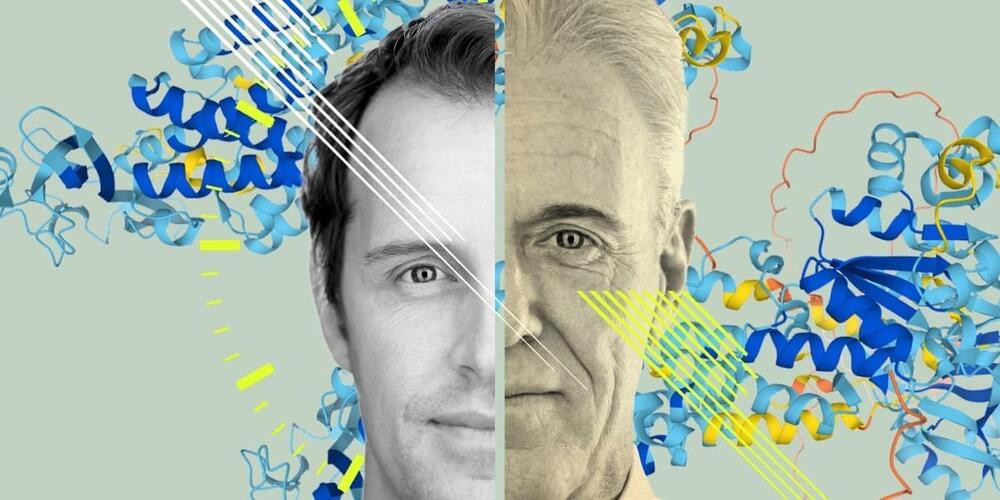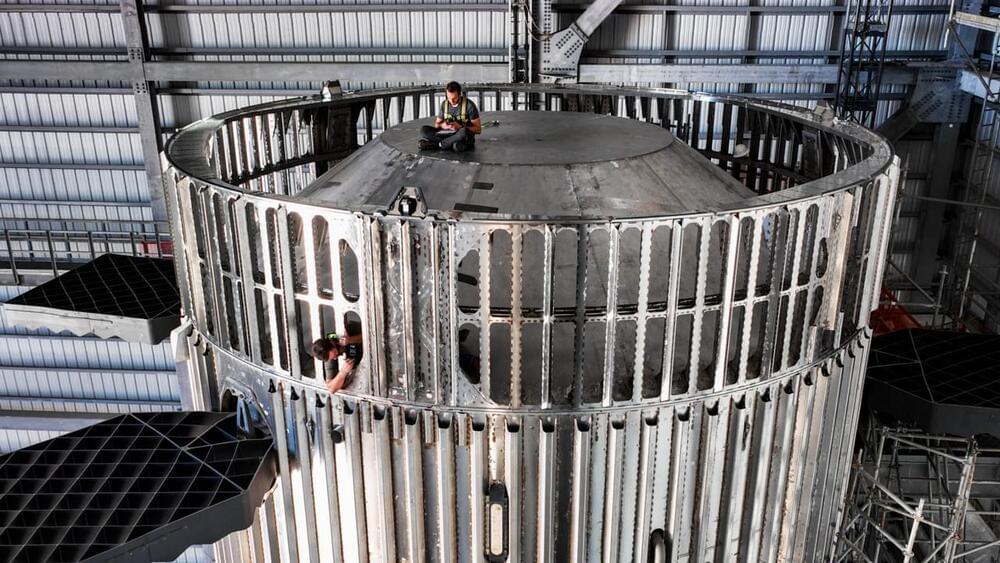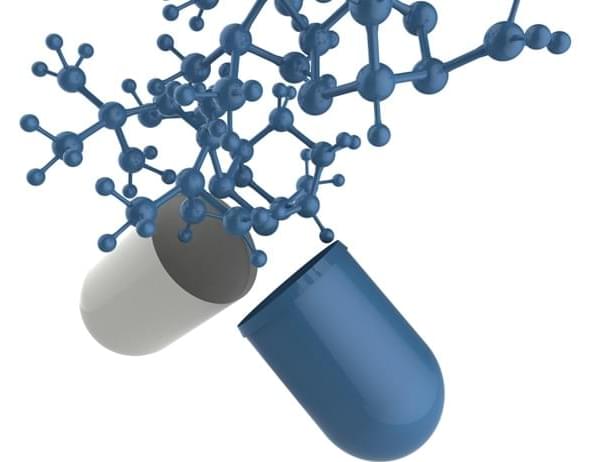In a novel attempt to reduce the risks of over sedation, physician-scientists at Beth Israel Deaconess Medical Center (BIDMC) conducted a randomized controlled trial to determine whether virtual reality immersion can minimize the need for sedatives during hand surgery without negatively impacting patient satisfaction. The team studied adults undergoing hand surgery who were randomized to receive either Virtual Reality (VR) immersion during the procedure in addition to usual MAC, or usual MAC alone. They found that VR immersion during hand surgery led to significant reductions in sedative doses as well as post-operative lengths of stay in the post anesthesia care unit (PACU). Their work is published in PLOS ONE.
BIDMC researchers conducted a randomized controlled trial that found virtual reality immersion during hand surgery reduced the need for sedatives.

